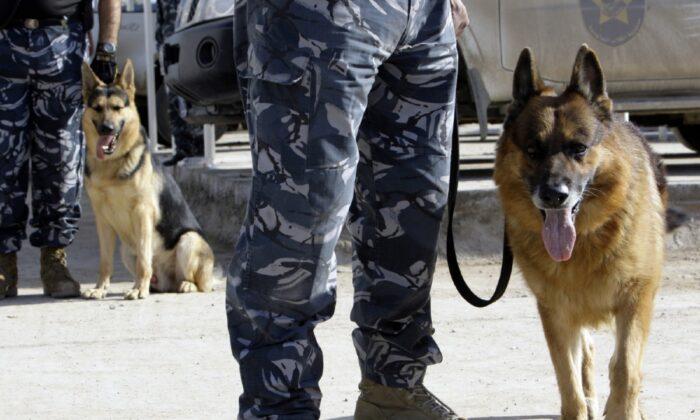The U.S. State Department said that it would temporarily stop sending more sniffer dogs to Jordan and Egypt until both countries provide the essential conditions for their health and welfare.
The OIG also clarified the cases of three other dogs in Jordan; one died and the other two, which were in a severe condition, were returned to the United States for further treatment.
Three of the 10 dogs deployed to Egypt in 2018 also died—one due to lung cancer, another due to a ruptured gall bladder, and the third due to heat stroke.
So far neither Jordan, the biggest recipient of U.S.-trained sniffer dogs, nor Egypt have issued any statement on the issue.
In addition to Jordan and Egypt, there are currently six other countries—Bahrain, Oman, Lebanon, Nepal, the Dominican Republic, and Afghanistan—where 135 dogs are involved in the U.S. Antiterrorism Assistance Program, the State Department officials told reporters.
For the time being, however, the dogs already deployed to Jordan and Egypt will remain there, the Department said.
“Improving health and welfare is something that’s continual and gradual,“ another State Department official said. ”It will not happen overnight, and that’s why improving kennel conditions, improving how many times they check on the canines—those are all things we’re actively working on.”




